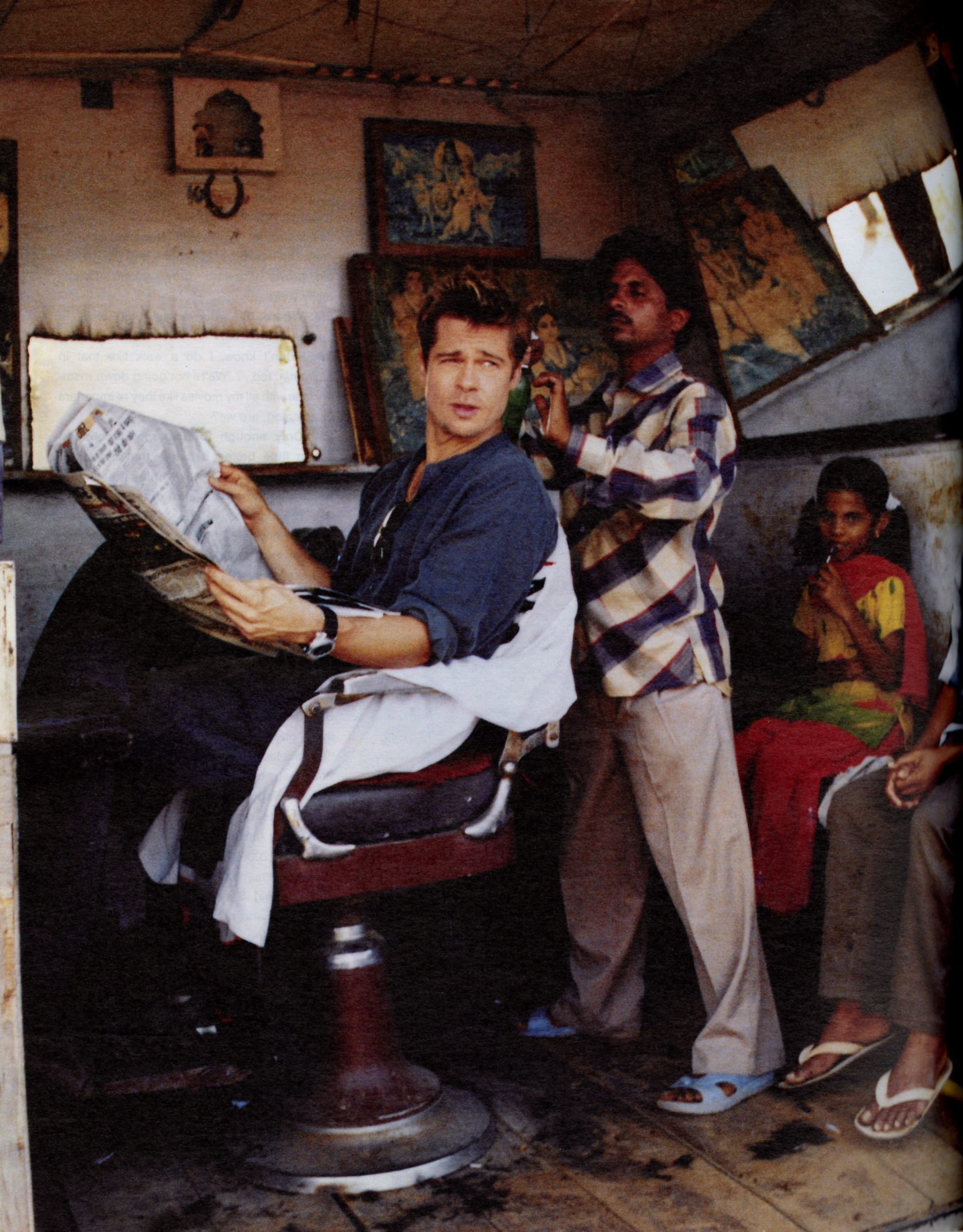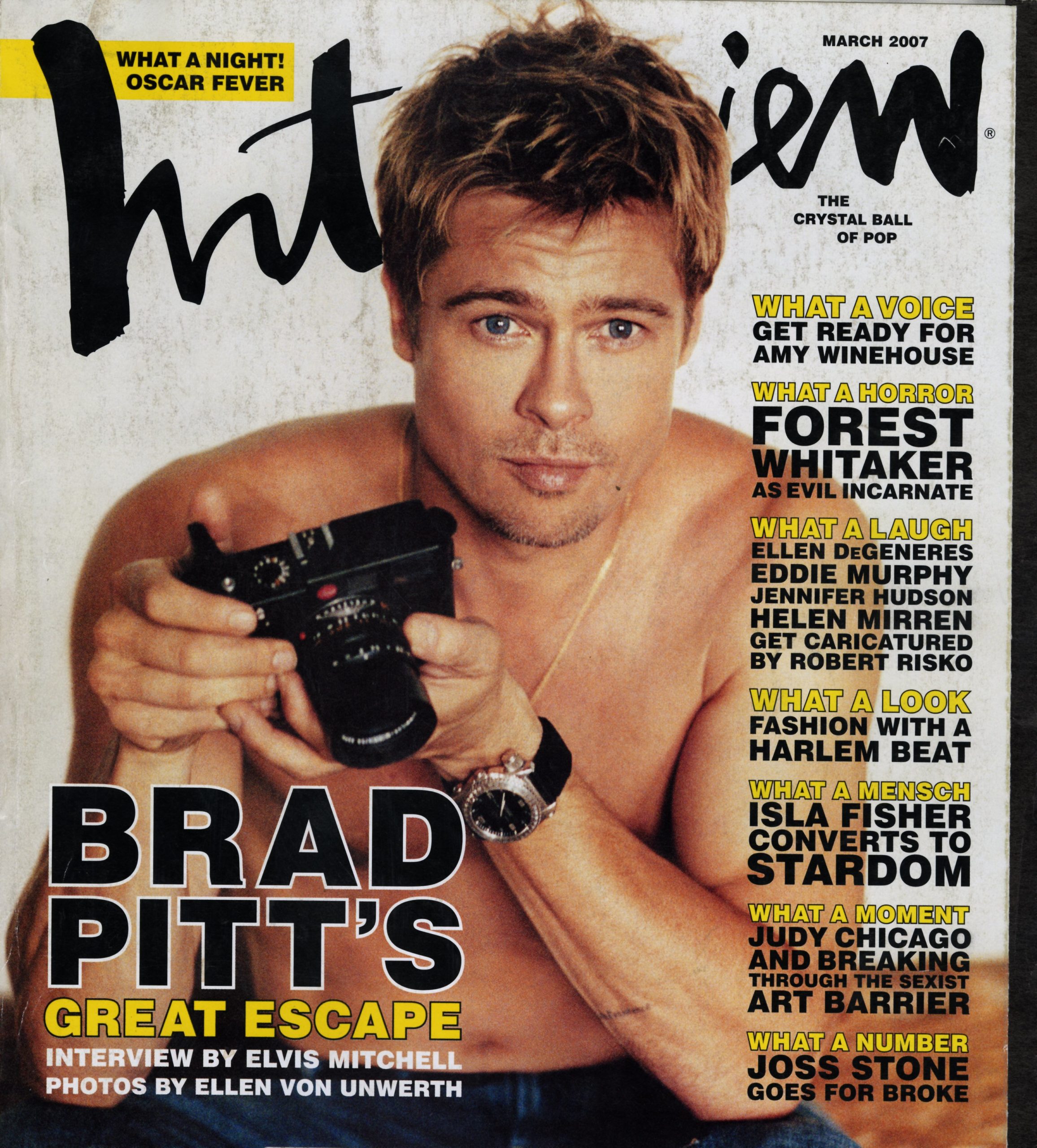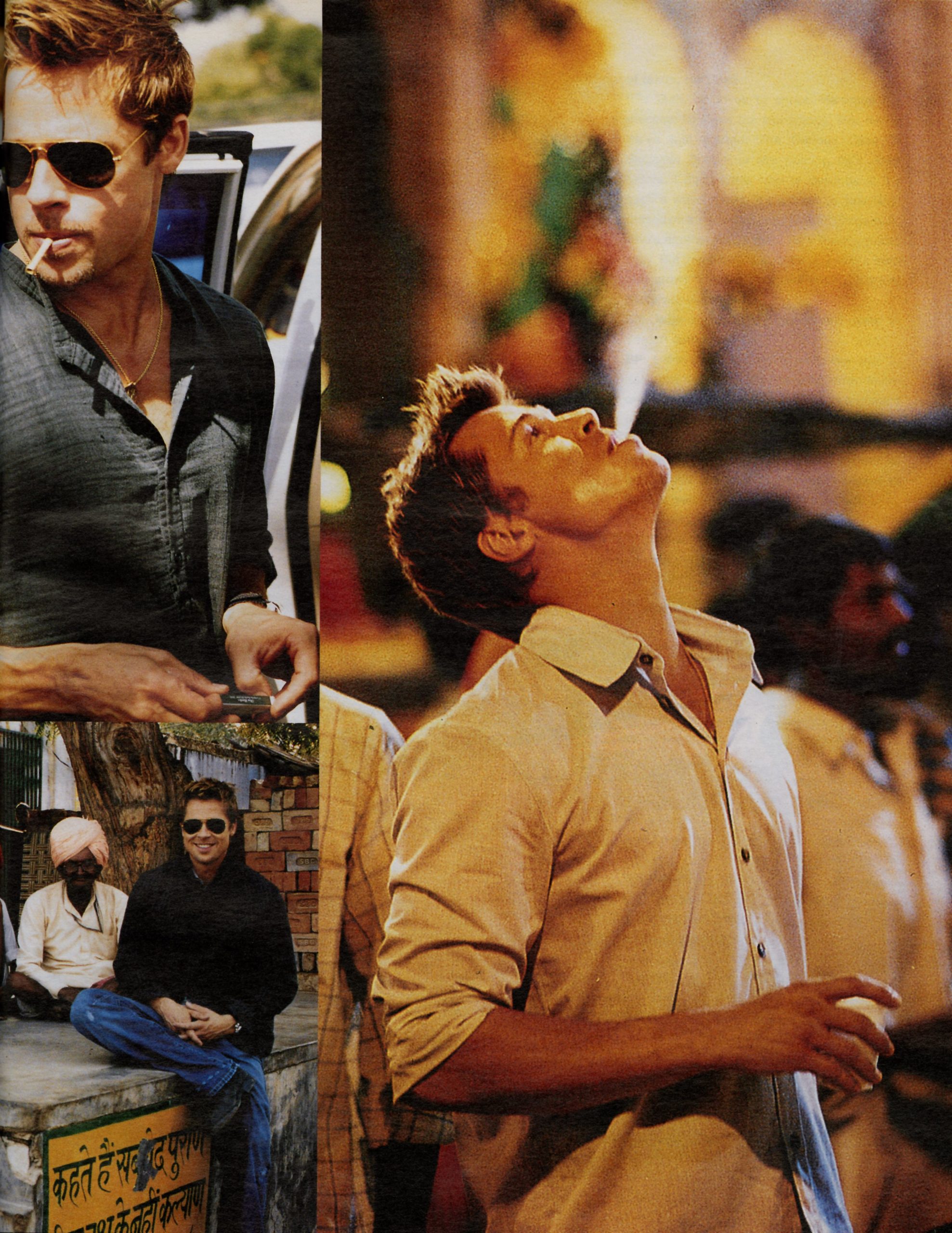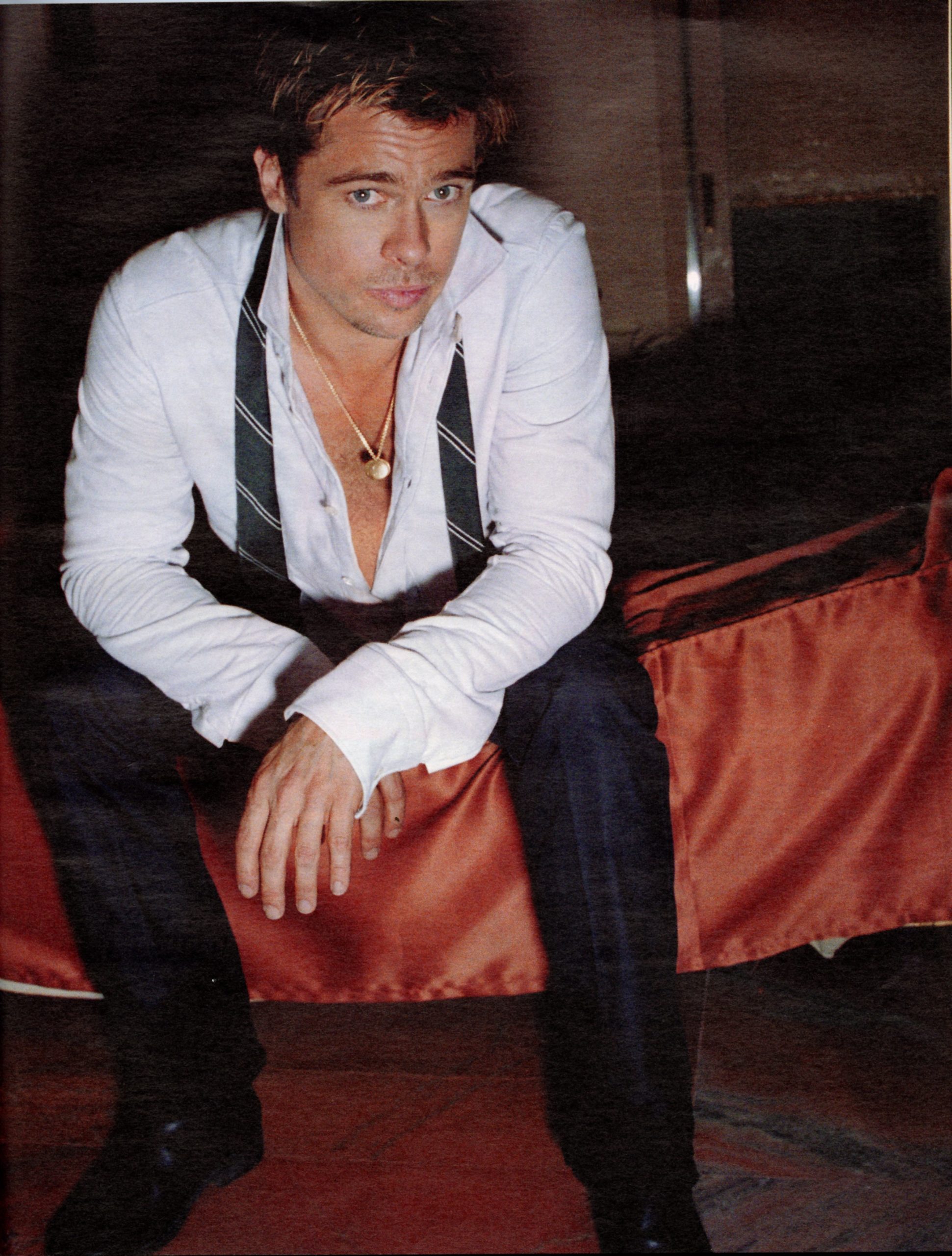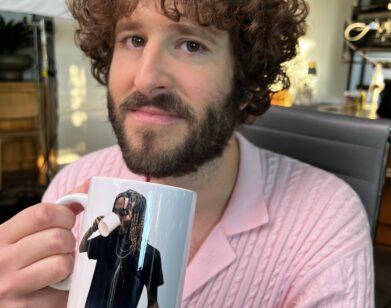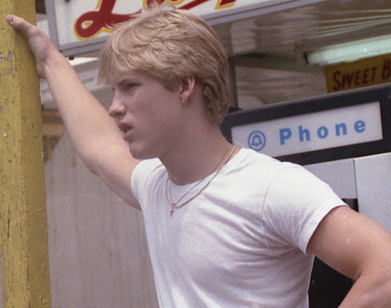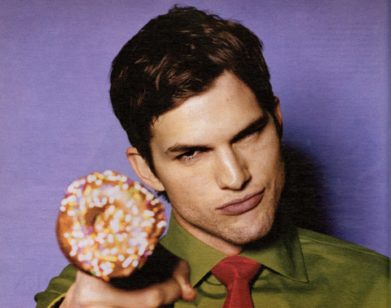LIFE LESSONS
Life Lessons from Brad Pitt
Welcome to Life Lessons. This week, we’re flipping through the pages of our March 2007 issue and revisiting our cover story with Brad Pitt. In it, the heartthrob sits down with Elvis Mitchell to talk about the good, the bad, and the ugly of stardom, from refusing to go the sitcom route to feeling trapped by fame. So sit back, and grab a pen—you just might learn a thing or two.
–––
“It was all about Mickey Rourke– I can see bits of him in stuff I do. Not that it’s a copy, and even at that level, but I certainly see where the inspiration comes from. Just the juxtaposition of this toughness and intimacy. He can be stone tough and paper brittle at the same time. He and Sean Penn were the two guys I was drawn to, like most of the young guys at that time. Later it was Nicholson, mainly because of his irreverence [laughs]. He’s a charmer.”
———
“I find all of my performances come down to mathematics in a sense– how do you approach the problem of this character? Sometimes I crack that problem, sometimes I don’t. My best example is 12 Monkeys, because I thought in the first half I nailed it, and in the second half I was playing on the gimmick of what worked in the first.”
———
“When I first got out to Hollywood they were pushing me for sitcoms, and I didn’t really have an interest in them. I wanted to do films and slowly worked that way. And then it became, I guess, this curse of the leading man.”
———
“It wasn’t playing against something, so much as it was going after something. It’s a real distinction. You take De Niro– he does New York better than… he is New York. It’s what he knows. So it occurred to me to go investigate some of the things that I knew. And then, on top of that, to investigate characters that I enjoyed, instead of what I should be doing.”
———
“You’ve just got to get there. It’s not one specific thing, you just kind of manipulate your mood and ramp up until you get there. It’s exhausting.”
———
“I think L.A. is impossible. There’s just too much media focus. You can’t live a normal life. I’d like to have a base camp here and go from there.”
———
“I’ve been no stranger to change. I always knew it’d take this form someday.”
———
“I have to maintain this belief that they all work in some way– you’ve got to have the misses, to send you in the direction for the next. I’ll tell you what I’m curious about though– if I live to an old age and look back and weigh my decisions, I’m curious what they will add up to.”
———
“I’m starting to see what kind of shape it’s taking and where I’d like to add to that shape–if we’re talking sculpture now, which it sounds like I am. I’ve certainly got a couple of directions I’d like to explore after Benjamin, but I don’t want to state what those are at this point. I’d rather go do them, find them, see if I can find them.”
———
“Maybe it calls out to your desire to explain something in your life. Like [doing Babel] was easy– really, no thought.”
———
“Once you get older, you get a little closer to yourself, intimate. Certainly this last half a decade I’ve been very aware of that, more conscious of who I am, how I fit in the thing as opposed to trying to emulate someone else. Though I try to emulate De Niro all the time, who is someone I could never be.”
———
“I don’t feel like I’m trapped behind any facade. Though certainly the trappings of celebrity I understand.”
———
“For a lot of us coming from Missouri, it’s about what’s between the lines.”
———
“I really do [like producing]. I like the idea that we can put some movies out there that wouldn’t be seen otherwise, and I like to see them put together. It pays absolutely nothing, and it takes a huge amount of work, but it’s fun.”
———
“I was so affected by movies as a kid– they gave me direction to think about things. I had this idea, and it may be idealistic, that putting films out there might do the same thing for someone else sitting in a little theater in Oklahoma, and that’s going to surprise and entertain them. And, you know, there’s something for everybody– that’s something I respect and believe in.”

